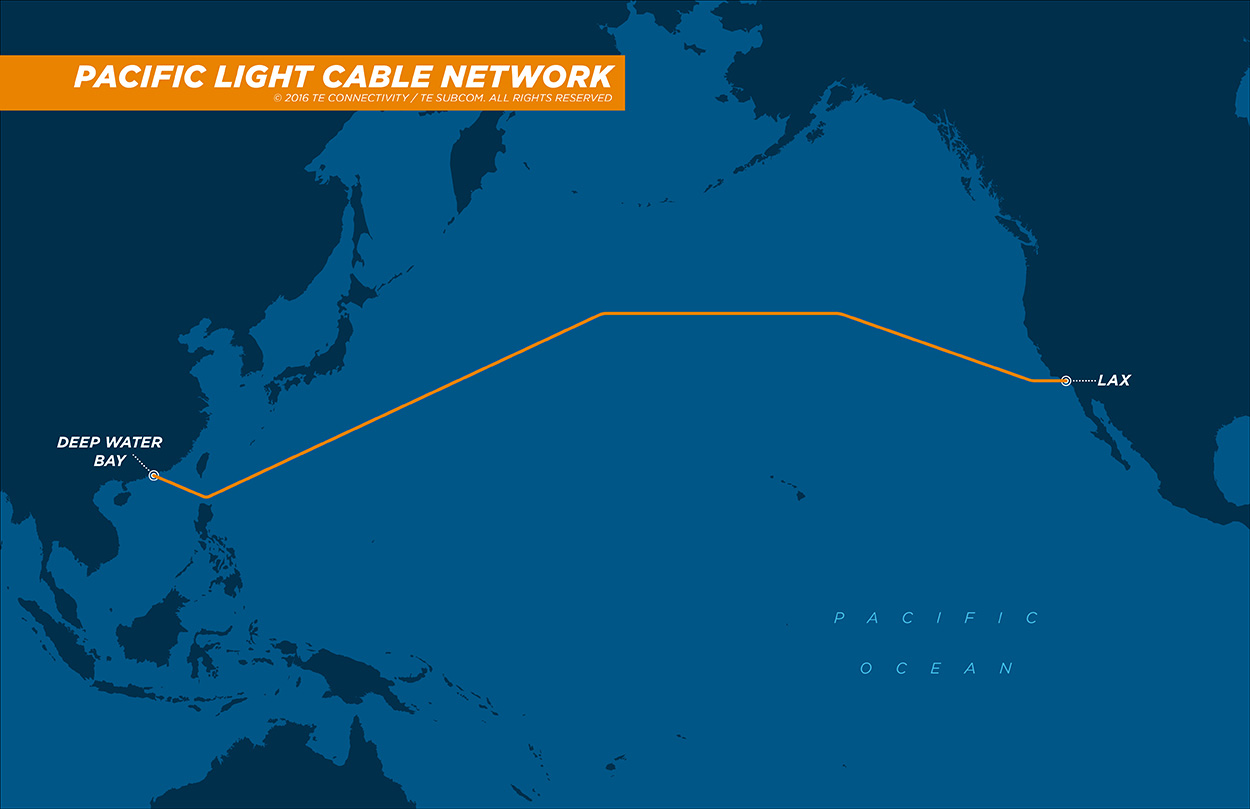Because the Google-Facebook submarine cable between the US and Hong Kong will not happen

The United States opposes the connection with Hong Kong, but not the connection with the Philippines and Taiwan. The reasons are political. All the details
Google and Facebook have given up building a submarine internet cable between the United States and Hong Kong. The reason is political: the Trump administration has opposed the project because it fears national security problems.
HOW HONG KONG HAS CHANGED
The Chinese government has tightened control over Hong Kong with the introduction of a new security law that effectively erases the freedoms the region enjoyed. For this reason, Washington believes that Beijing can have access to the cable and gather information on Americans.
The current context is very different from that of 2017, when Google and Facebook presented the project. At that time Hong Kong – by virtue of its special administrative system, which guaranteed it a certain autonomy from the rest of China – was considered by foreign companies as a sort of "base" in Asia, as well as having important commercial relations with the United States.
THE STRATEGIC VALUE OF SUBMARINE CABLES
The US concerns about safety are explained by the fact that practically all data that is exchanged on the Internet passes through submarine cables – estimates speak of 95 percent -, from the most trivial to the sensitive ones. In short, these are telecommunications infrastructures of enormous strategic importance, which America does not want to leave in the hands of its main geopolitical rival.
THE ALTERNATIVE ROUTE TO TAIWAN AND THE PHILIPPINES
Although the California-Hong Kong section has been abandoned, the Pacific Light Cable Network – this is the name of the fiber optic cable, which is nearly 13,000 kilometers long – has not been canceled. Google and Facebook have reworked the project by proposing the Philippines and Taiwan as alternative destinations .
The reason, in this case too, is political. Not surprisingly, American security agencies have recommended the Federal Communications Commission to approve parts of the revised project.
Manila is in fact a historic ally of Washington, even if the current president Rodrigo Duterte has approached Beijing, only to retrace his steps (at least in part).
As for Taiwan, on the other hand, the Trump administration is trying to drag the island – considered by Beijing as a province of its territory – more and more to its side in the technological confrontation with China . Defense ties between Washington and Taipei are intensifying, and recently the two countries have strengthened cooperation within the " Clean Network ", the American (and anti-Chinese) initiative on the security of 5G networks, on the cloud. on apps and submarine cables.
THE EXCLUSION OF CHINESE COMPANIES
Furthermore, Pacific Light Data Communication, a telecommunications company based in Hong Kong, does not appear as a partner in the new proposal from Google and Facebook. Also this time, the reason for the exclusion is political: the company was viewed with suspicion by the US security agencies, which had highlighted its links with another company, Dr. Peng Telecom & Media Group, based in mainland China.
According to US agencies, Dr. Peng has relations with the Chinese intelligence services and therefore poses a threat to American data.
THE CLASH ON CONNECTIONS
The ongoing clash between the United States and China focuses mainly on technology, connectivity and data. This is why Washington is trying to prevent Beijing from accessing the electronic components it needs (semiconductors, first and foremost). At the same time, the Trump administration is carrying out an international boycott campaign against Huawei in an attempt to persuade foreign governments to turn to other companies to build telecommunications infrastructure.
American pressure had a decisive influence on Chile 's decision – at the end of July – to rely on Japan and not China for the laying of the first submarine fiber optic cable that will directly connect Asia-Pacific to South America.
Geopolitics seems to matter more than economics when it comes to internet cables. For example, Australia (an American ally) has prevented Huawei from accessing Sydney station several times for the construction of underwater connections in Oceania. Sydney is a crucial hub for the United States because the cables that connect America to Australia land there: keeping the structure safe from enemy attacks or interference is a priority for Washington.
This is a machine translation from Italian language of a post published on Start Magazine at the URL https://www.startmag.it/innovazione/cavo-sottomarino-google-facebook-stati-uniti-hong-kong/ on Sat, 12 Sep 2020 09:20:26 +0000.
